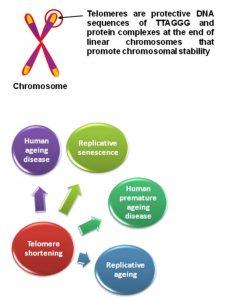Biochemical Characterization of Sirtuin (1 & 6) and Amyloid Protein Pathway in Alzheimer’s Cellular Model SHSY5Y
Researchers:
School of Health Sciences, USM
Prof. Dr. Shaharum Shamsuddin
RIKEN
Prof. Kuniya Abe
Summary:
Ageing science often covers diverse aspects of health, with much emphases on neurodegeneration. Alzheimer’s disease is neurodegenerative, causes cognitive and behavioural disorders, and has striked as a major health setback in the elderly, typically attributed to its irreversible nature. Current treatments for Alzheimer’s disease mainly focus on the symptoms rather than the causable factors, due to incomplete understanding of the disease’s cellular and biochemical pathways. Current data on Alzheimer’s disease has associated increasing risks with synaptic toxicity, mainly via the formation of amyloid-β and aggregated hyperphosphorylated tau protein filaments. We aim to better understand such biochemical and cellular pathways, leading to synaptic toxicity and Alzheimer’s disease, using in-vitro models. A cellular model will be generated to represent Alzheimer’s disease, prior to evaluations on gene and protein expressions along the pathways involved in Alzheimer’s disease. Once these are better understood, it is also hoped that putative-preventive compounds could be tested in-vitro, with subsequent observations on the targeted genes and proteins along the Alzheimer’s disease pathway.
Our previous research on Ageing related science :
The belief that beekeepers live longer than anyone else has been known for a long time. However, no research has been done to explore the longevity of life in beekeepers. Here, we investigated the telomere length in 30 male beekeepers and 30 male non-beekeepers and associated them with the longevity of life using Southern analysis of terminal restriction fragments (TRFs) generated by Hinf I/Rsa I digestion of human genomic DNA using TeloTAGGG Telomere Length Assay. Interestingly, we found that the telomere length of male beekeepers was significantly longer than those of male non-beekeepers with a p value of less than 0.05, suggesting that beekeepers may have longer life compared to non-beekeepers. We further found that the consumption of bee products for a long period and frequent consumption of bee products per day are associated with telomere length. An increase of year in consuming bee products is associated with a mean increase in telomere length of 0.258 kb. In addition, an increase in frequency of eating bee products per day was also associated with a mean increase of 2.66 kb in telomere length. These results suggested that bee products might play some roles in telomere length maintenance.

Telomere shortening and ageing
Nasir NF, Kannan TP, Sulaiman SA, Shamsuddin S, Azlina A, Stangaciu S. (2015) AGE 37: 58 doi 10.1007/s11357-015-9797-6
